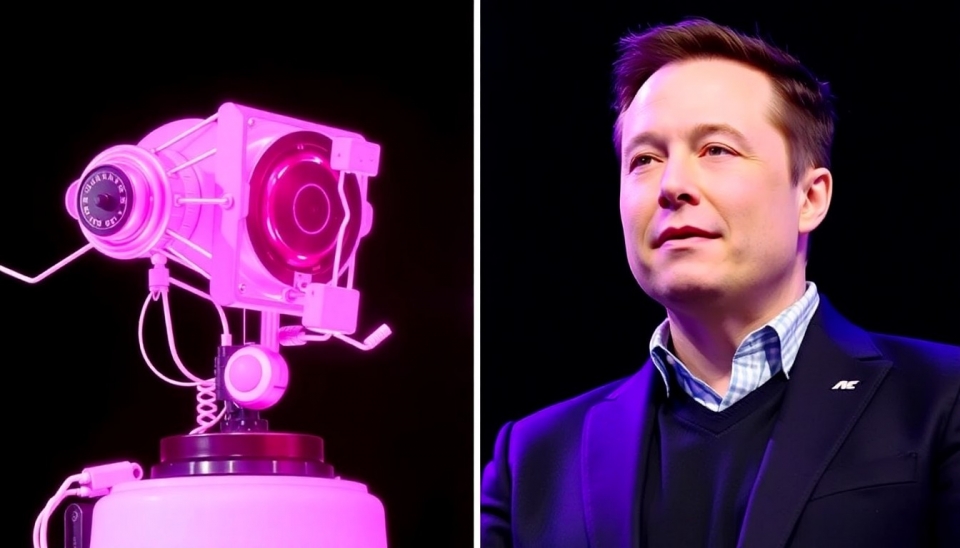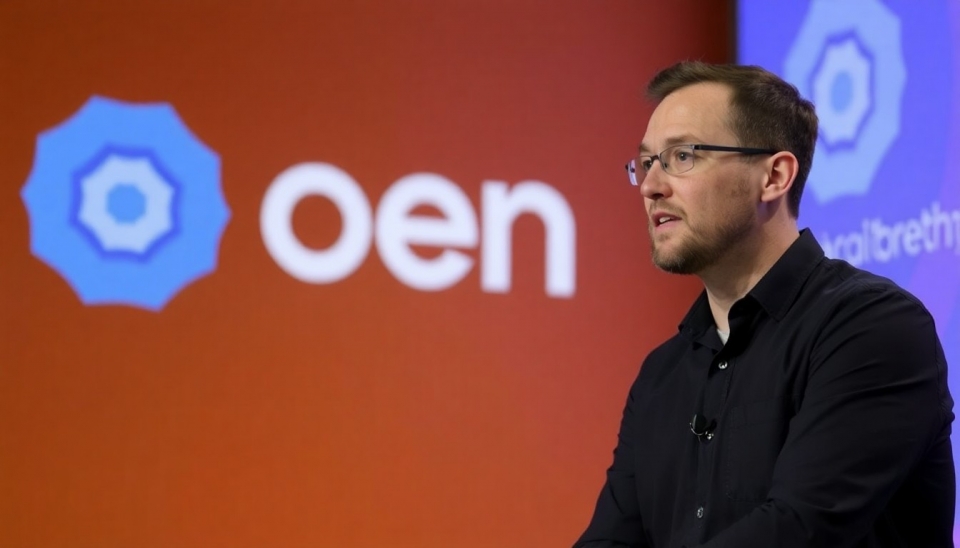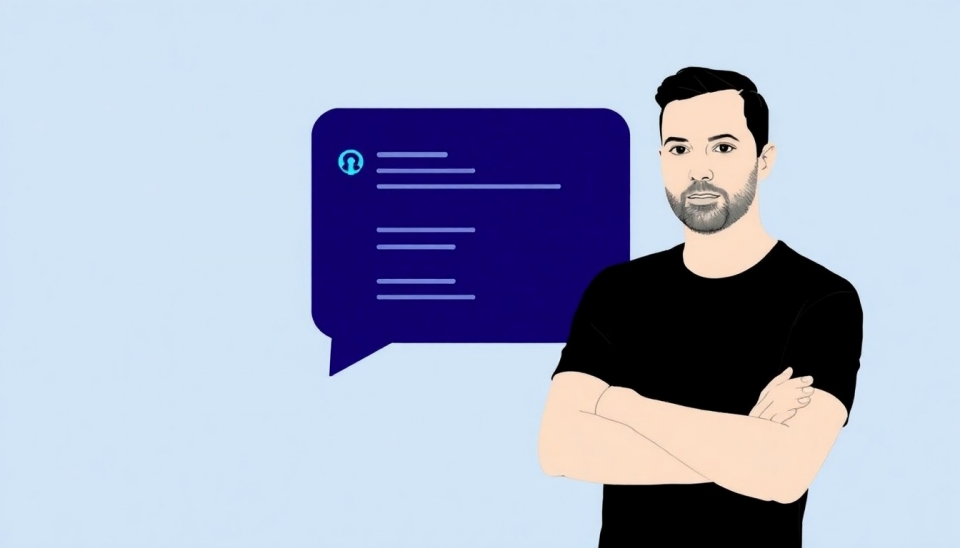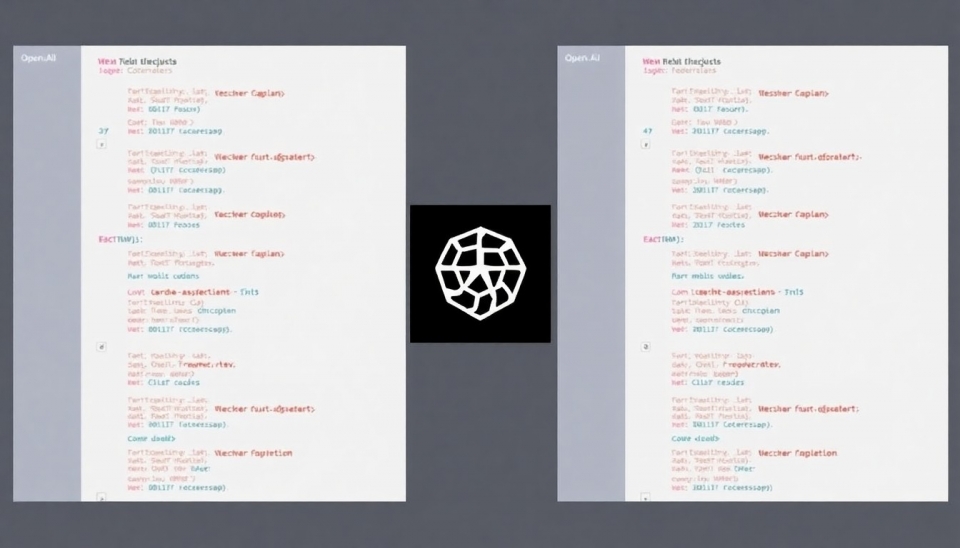
In a stunning development in the tech world, the board of OpenAI has officially rejected an eye-popping acquisition offer from billionaire entrepreneur Elon Musk, valued at a staggering $97.4 billion. This move has raised eyebrows and sparked conversations around corporate governance and the future of artificial intelligence companies in the market.
The proposal, which Musk dubbed his "best and final" offer, came during a period of intensified scrutiny on AI technologies and their implications for society. Musk, a co-founder of OpenAI and a significant player in technology and innovation, outlined an ambitious vision for OpenAI should the acquisition proceed. His plans included accelerated development of advanced AI systems while ensuring rigorous safety protocols were in place. However, despite the allure of such a grand proposition, the board deemed it not in the best interest of the organization and its long-term mission.
This rejection highlights the ongoing tension between Musk and OpenAI's current leadership. Since leaving OpenAI’s board in 2018 due to potential conflicts of interest, Musk has often been vocal about his concerns regarding AI safety and regulation. His perspective contrasts sharply with the direction the organization has taken under its current leadership, focusing on extensive research and partnerships that extend beyond mere profitability.
The board's decision not only emphasizes its commitment to its foundational goals but also signals a robust defense against what it sees as a potential corporate takeover. The dynamics of such significant financial offers bring into question the ethics involved in managing technology with such far-reaching impacts. It raises essential discussions around who should control AI advancements and the ethical implications of those in power making sweeping decisions about technologies that could change the world.
This rejection of Musk’s offer has spurred a widely mixed reaction within the tech community. Supporters of the board's decision argue that OpenAI must remain independent to responsibly steer the future of AI, whereas critics suggest that rejecting a lucrative offer could have repercussions on funding and development initiatives.
The rejected bid is reflective of Musk's larger ambitions in the tech industry and his sincere yet controversial stance on AI development. As the landscape continues to evolve, the implications of this decision will undoubtedly reverberate throughout the sector and shape discussions around corporate ethics and governance in technology.
As analysts and industry watchers ponder this decision, many are looking ahead to see how this will influence OpenAI’s strategies moving forward, especially regarding their research and community outreach efforts aimed at ensuring AI technology's benefits are shared broadly across society.
#OpenAI #ElonMusk #AI #TechNews #CorporateGovernance #ArtificialIntelligence #TechnologyTrends #Innovation
Author: Emily Collins




